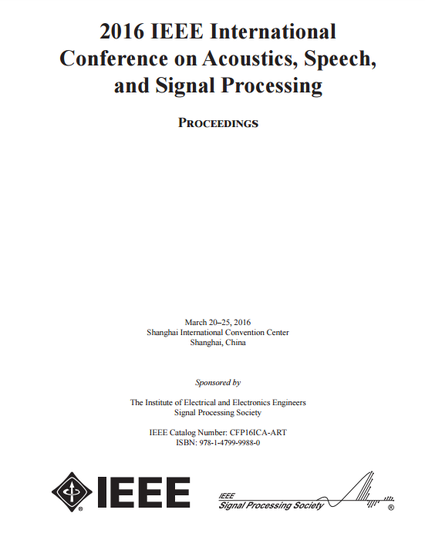
This paper examines the secrecy in distributed detection under threat of a global eavesdropper (Eve) which has access to all sensors decisions. To measure secrecy, we compare the detection performance at the fusion center (FC) and at Eve in terms of their respective Kullback-Leibler Divergence (KLD). When the channels between sensors and the FC are noiseless and the channels between sensors and Eve are noisy, we show that the KLD ratio between the FC and Eve can be made arbitrarily large, provided the log-likelihood ratio at local sensors is unbounded. As a result, a perfect secrecy can be achieved asymptotically by making the KLD at Eve arbitrarily small with almost 0 detectability while keeping the KLD at the FC arbitrary large, for an almost error-free detection. This result reveals an intriguing relationship between networks size and networks secrecy.
Available at: http://works.bepress.com/hao_chen/35/
